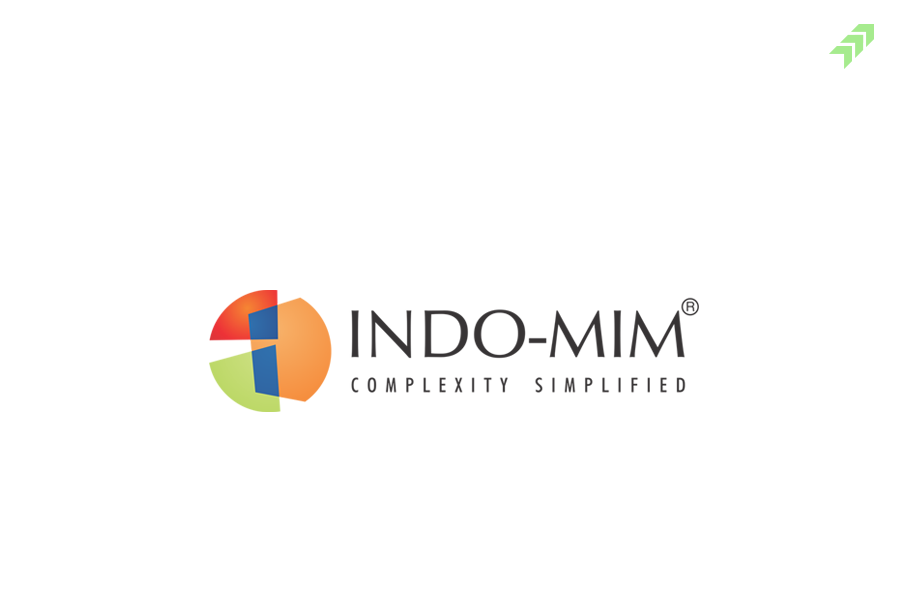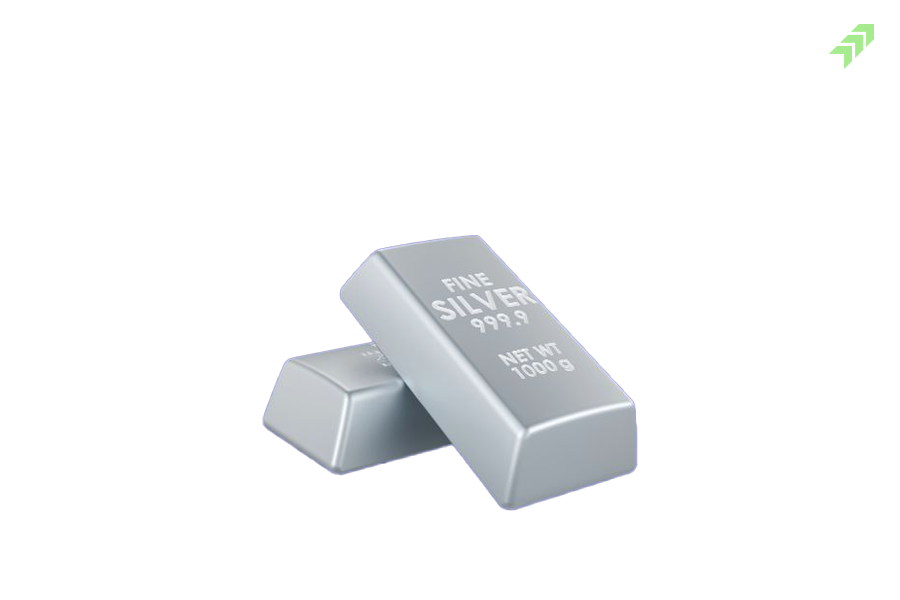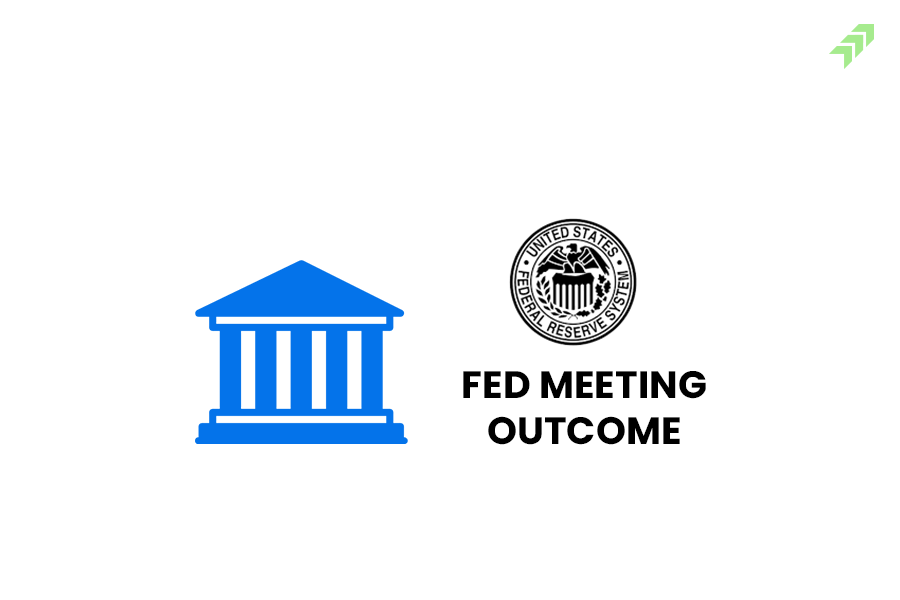In the financial market, you can see there is another segment apart from the cash market where you can trade and make money. The future market is another segment you can use to trade in various underlying securities. Though, there are limited underlying securities allowed to trade in the future market but account for the huge volume in terms of value and number of quantitate traded.
Though, this market is riskier than cash or spot market, but can give better returns and is best for the traders who believe in trading and don’t want to be involved in the cash or delivery-based trading. Future market is available for equity/stocks, commodities and currency or forex trading. In respect of the same here we will discuss about the futures market, how it works and its pros & cons.
What is Futures Trading in the Stock Market?
Futures are type of derivative agreement between two parties to buy or sell underlying security; the security can be a stock, commodity or currency at predefined price and on a pre determined date. When an underlying stock is traded through such contracts, it is called futures trading in the stock market.
What is a Futures Contract in the Futures Market?
A Future contract is a kind of legal agreement between the buyer and seller to buy or sell an underlying security at a predefined agreed price for a specific time in the future. The futures contracts are standardized with specific quantity and quality providing the facility to trade in the market.
While entering into the futures contract, the buyer of the future contract promises / honour the obligation to buy and receive the delivery of underlying assets at the time expiry of the future contract. On the other hand, the seller of the futures contract is taking the obligation to supply or deliver the agreed underlying asset at an agreed number of quantities at an agreed price on the expiration date.
How Future Contracts Works?
First thing to make sure before trading any particular security in futures market is to check whether that asset is actually traded in that particular segment. If the asset trades than it is simply a kind of mutual agreement that is entered through a contract to buy or sell a particular underlying security at a predefined price and date in the future.
Entering the Contract:
In a futures contract, buyer buys a right to purchase the underlying security at a certain specific price at a specific future predefined date. And the seller is selling the future contract with the obligation to sell the underlying security at a certain predefined price and date.
Pricing of Security:
The price of the underlying security is determined by the supply and demand of the asset. Supply and demand is highly correlated with the factors affecting the price of security in market like the economic factors both at macro & micro level, market conditions, investors’ sentiments.
Also Read: What are the Top Factors Affecting the Stock Market in India
Moreover, the price of the underlying security also changes as the expiration date of the security approaches compared to the spot price of security. If at the time of expiration, the price of the underlying security goes up, then the contract holder (buyer) books profit, and if it is price slides, then the contract holder (buyer) has to incur the loss.
Delivery & Margins:
There are two scenarios that can happen at time of expiry. If the position is profitable and buyer of contract didn’t square off the contract, the natural conclusion would be reached through either cash settlement or physical delivery, depending on the contract’s terms. If the position is profitable and buyer square off before expiry, the contract would be cash settled. The price of the contract at the time of buying the security is known as premium and margin money is also paid.
Types of Futures Contract
The future contracts in financial markets are not meant for trading, but for the time being and owing to the increase in the demand for such contracts, the futures market has been divided into two categories. Let’s discuss these two types of future contracts.
Speculators or Traders
Speculators or traders are people who enter into a contract to earn a quick buck by speculating on rise or fall in security. Speculator heavily relies on technical analysis and other indicators to analyse the price action and predict whether a particular underlying security will increase or decrease, accordingly buying or sell the futures contract to make profit. In speculation, there are equal chances of getting profits as well as losses.
Hedgers
The companies, institutional investors, manufacturers and wholesalers who are into business and want to secure the price of underlying security from the volatility in the price change, are the hedgers. Suppose a company who requires a raw material to manufacturing a product for which he has orders of. He won’t be buying and storing full quantity of the raw marital on day one but rather at particular time frame complementing his manufacture capacity and inventory level. So in order to protect against the price change or take advantage of the fluctuation in the change in the price of the underlying security, a trader can use future contracts to hedge from such fluctuations.
Pros and Cons of Futures Trading
Trading in the future market comes with various advantages and disadvantages that you need to understand before you enter into this forward market. As you have to pay certain upfront margins, especially when you are short-selling in the future market and due to high volatility you have to maintain the margin according to the change in the price of the underlying security.
Benefits of Future Trading
The future market provides the best option to hedge your investment by entering into the forward market and gaining profits from any changes in the underlying security. Apart from that there are multiple other benefits you can enjoy trading in the future market.
Low Cost Trading:
In future market trading in futures contracts, you have to pay the lower amount of commission or brokerage fees making your transactions more cost-effective compared to sport or cash market trading. It helps to maximize your rate of returns compared to other markets.
High Liquidity:
Compared to the spot or cash market you will get a higher amount of liquidity in the market. In future trading only limited underlying securities are allowed to trade, hence there is a huge number of buyers and sellers available in the market providing the opportunity to liquidate your investment.
High Leveraging:
When you trade in the future market you have to pay a small amount of the total value, as you need to deposit a certain margin of money. Hence, you get the high leveraging trading futures market compared to the cash or spot market in which you have to pay the entire value of trade. And if the market moves as per your expectations, you can earn profits with a low amount of investment.
More Trading Options:
In futures or options trading, most of the contract are cash settlement before or at the day of expiry of contact and less chances appears, when someone asks for delivery of the underlying. So a trader can sell the underlying contract, even if you don’t hold the underlying asset. On the other hand, he can buy contract on underlying security if even if you don’t want to take the delivery of the same. You can simply square off your position at or before the expiry of contract at a profit or by booking a loss.
Ease of Trading:
To trade in the future market you don’t need to go through wholesome regulatory framework, all you need to do is open an account with a stock broker to perform the buying and selling transactions. In the commodity and currency markets, you can trade in futures markets anytime, as both markets trade round the clock. Hence, future trading provides the ease of trading as per convenience.
Hedge Your Assets:
One of the most important advantages of futures trading is using futures contracts, you can trade in various types of underlying securities that you have held. You can take advantage of falling prices by short-selling the same and buying at the lower levels to earn profits. You don’t need to sell your original securities and you can hedge your investment.
Fast Money Making:
The price of the underlying security in the future market moves much faster compared to the cash market. And owing to higher margin availability you can make a high amount of money at a much faster speed if the price of underlying security moves as per your expectations.
Disadvantages of Futures Trading
Just like the advantages of future trading, there are also disadvantages of future trading that you need to be aware of so that you avoid the risks and minimize the losses that you can incur while trading in the future market. So, let’s find out the cons of future trading.
Leveraging can Cost You: As trading in the future market, you get the high leveraging for trading in high trading value with a low amount of investment. And abrupt movement in the underlying security can cost you more, due to the availability of high leveraging of the margin for trades.
Trade within Stipulated Time period: As, the trading in the future market, you have to exit from your future contract within the stipulated time period. And if the price of underlying security is not moved, as per your expectations it can cost you in terms of loss due to unexpected moves.
Risk of Fluctuations in Price: The price of the underlying security in the future market moves much faster than the spot price. Hence, there is a higher risk of losing money if the price changes unexpectedly. And you don’t have control over the price of such underlying securities.
Role of Margin Required in the Futures Trading
Trading in the cash or spot market, you don’t need such margins, as you have to pay the entire value of the trade. While trading in the future market, the story is different making the future market different from the spot market. In future markets, you have to deposit a certain amount of margins.
The margin is the certain amount calculated as per the value of trade that ensures the risk for both the party’s buyer and seller. The margin helps to meet the obligations of the future contract and the higher the leverage, the higher the risk also higher, but margin money helps to cover such risks.
When you enter into a future contract, you have to deposit or maintain margin money as per the trade value and underlying security’s volatility index. And when the price of underlying security changes you need to deposit the margin by adding more funds into your trading account.
If you don’t do that either your future trade position will be square-off or you have to face the penalty by the stock exchange for not maintaining the margin balance. Hence, make sure you can bear all such risks before you start trading in the future market for higher returns.
Also Read: What is F&O Margin Penalty: SEBI Rules & How to Avoid it
How To Start Futures Trading?
The future market is based on the spot market, hence to trade in futures contracts you need to open a trading account at one of the best discount brokers in India. However, to trade in the future market, you don’t need the demat account, as there is no delivery of underlying securities taking place, but if you wish you can open the demat account.
Also Read: What are the Benefits of Demat Account: Advantages & Why you need it
Moreover, you also need a bank account that should be connected to your trading account to transfer the funds between these two accounts while trading in the future market. After opening the trading account you can trade in the future market with various options to buy or sell the underlying security and enjoy a high margin with the potential of high returns with a high amount of risk.
Also Read: Options Trading: How it Works, Example & How to Trade
Summing-Up
Future trading is simply the future price of any underlying security that is allowed to trade in the future market. Instead of taking delivery of securities, in future trading you have to buy or sell the contracts and at the end of the expiration date you have to exit from your trade position.
In the last you get the profit or loss adjusted in your trading account as per the movement in the price of the underlying security. And meanwhile, on a daily basis, you have to maintain the margin money as per the price movement. Compared to the spot market you can enjoy the high amount of margin to trade into the future market, but there is also higher risk due to high volatility.
Hence, here you need to trade in the future market only with the help and advice of the market experts who can recommend the right underlying security and the right time and price to buy or sell in the future market. You can choose Moneysukh to get such trading tips in the future & options market with investment or trading ideas in equity, commodity and currency markets.

















